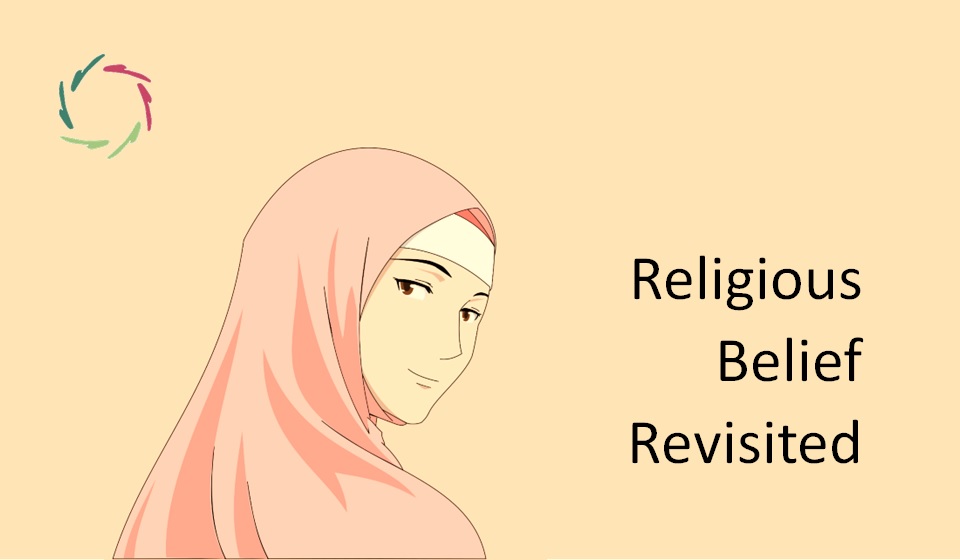Science = Re-ligion

Science is frequently seen as partly or even completely opposite to religion. In the sense of re-ligion however, things get reversed.
Science is the quest to know the universe as it is
and not as someone of a few centuries or even millennia ago has imagined it. Back then, almost nothing was known on many relevant domains. Present-day science knows 1.000 times more – or is it 1.000.000 times? Still, this may not be ‘much’ but it’s much, much more. Moreover, science is a striving to always keep progressing. This is very relevant when a concrete religion tries to instill people with concrete knowledge about ‘God’.
Religion should either abstain from ‘knowing’ or from ‘instilling’.
Science = quest for truth = quest for – in-depth and again and again – connecting all together. This is re-ligare -> re-ligion. Thus an anti-scientific stance should be seen as anti-re-ligious.
Anti-science = anti-re-ligion.
‘Religion’ is a term that is of course also used for any concrete kind of organized god-worshipping. In this sense – used by many – science may be incompatible with this or that religion just as these are incompatible with each other. Contrary to this, there is no essential incompatibility between science and re-ligion. Thus, in the concept of science itself, one can derive that
science encompasses re-ligion.
Put starkly: being anti-scientific in this profound sense is blasphemous towards re-ligion.
Science-as-professed-by-many is also frequently anti-scientific, thus anti-re-ligious. This way, it’s very understandable that religious people may tend to be distrustful of science. It is understandable but wrong.
A touch of ‘logic for believers’:
Any god-as-creator-of-universe can be known better by knowing the universe. It’s his (or her or…) direct way of speaking to us. The universe itself – and everything in it, big and small – is his very own ‘book’. No other, human-intermediated book can be a more direct communication than this one. The competition – in what is to be acknowledged – is not between ‘the book’ (or other kind of revelation) versus ‘no book’ but between this book or that book.
A likewise competition is not between religion versus no-religion (the latter being seen as ‘science’). It is between religion versus re-ligion.
So, what is the best way?
I think (reaching for) truth is the best way. Thus: science, being nothing more nor less than this reaching-out.
Very concrete consequence:
Freedom of religion should be turned into freedom of re-ligion.
Worldwide.
The freedom here lies in feeling free to pursue it. The best way to do this is the scientific way in broadest sense.
Eventually, freedom of religion and freedom of re-ligion are incompatible.
Any religion showing an anti-re-ligious stance should – for re-ligion’s sake – be denoted as such. In due time and on a gentle slope, it should transcend itself or be transformed.
‘Open Religion’ is an example of such gentle slope.


